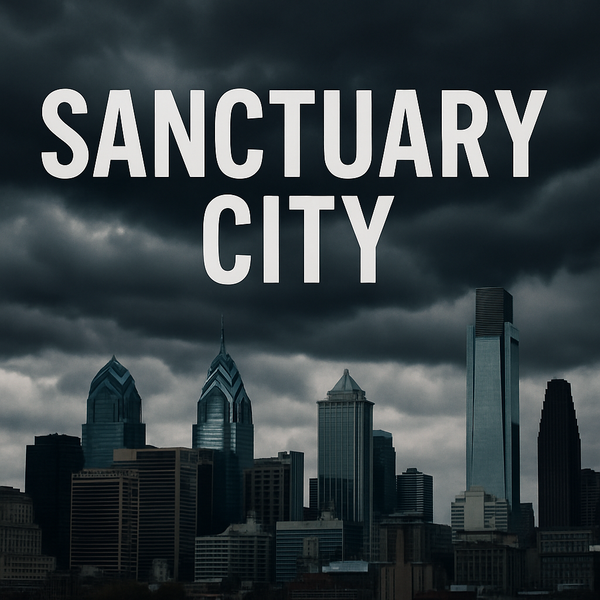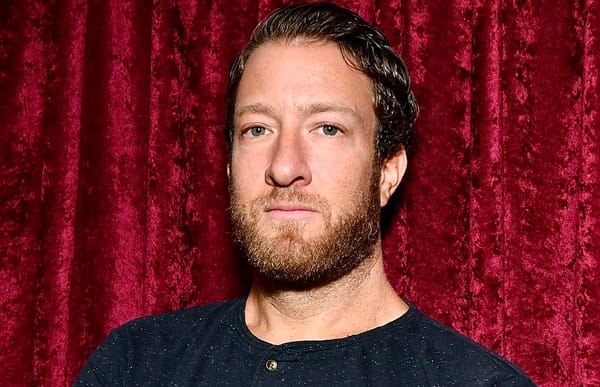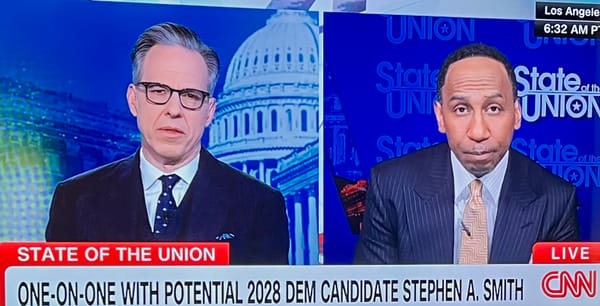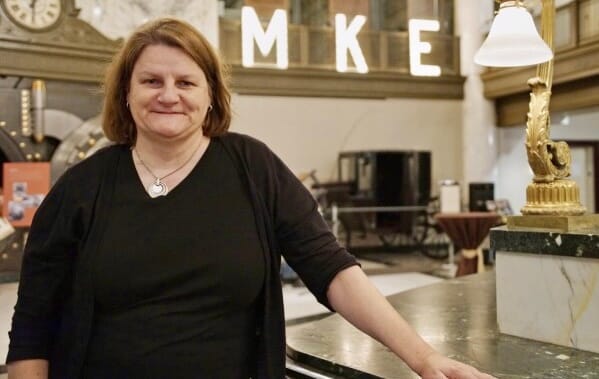Virus: Good time to trim the city budget
Because this is an alternative, middlest, nonpartisan news and opinion source, I try to find angles before the MSM gets to them, or to present them in a different way.
Surveying the economic lockdown on March 30, I wrote: “Next year, when ‘normal’ returns, brace yourself: Every jurisdiction that depends on tax revenue will be deep in the red. Making it back will fall on...you?”
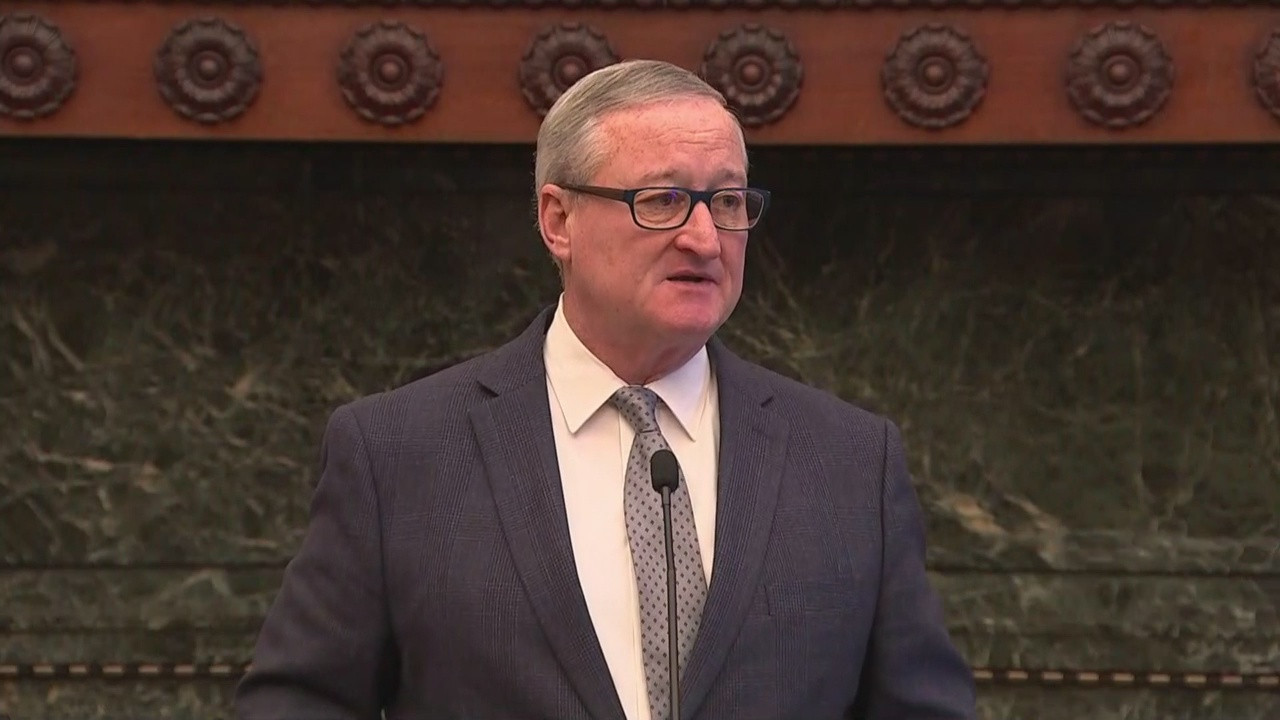
More than a week later, stories broke in the local press: Mayor Jim Kenney announced he was withdrawing his budget because there was no way it would balance. This was followed by a matching story from the state — Pennsylvania is looking at a possible $4 billion shortfall.
Kenney promised “painful cuts” to the bloated $5.2 billion budget he proposed in March. When he took office four years ago, the city budget was $4 billion. He drove it up 25% with hardly a whisper of protest from local fiscal watch dogs who seem to think this is Beverly Hills rather than the poorest big city in America, with a poverty rate of 24.5%.
The U.S. rate of inflation over the last four years was a maximum of 2.3%, while General Fund expenditures from fiscal year 2017 to 2019 rose at an annual rate of 7.1%, according to Philadelphia Controller Rebecca Rhynhart.
With a budget swollen by 25% over four years, you might expect cleaner sidewalks, smoothly paved streets, synchronized traffic lights, a falling homicide rate, improved city services, and so on.
Well, you’d be wrong. A recent Philadelphia government poll reported two-thirds of Philadelphians rated city services as fair or poor.
The generous mayor went on a hiring spree — which didn’t relieve the poverty rate — and was a fountain who showered city workers with money.
The city’s payroll went up 8% as 945 positions were added between fiscal 2017 and 2019, creating an historically high staffing level. “Despite adding new employees, the city’s overtime per employee has increased,” said the Controller in a February report. “Typically, an increase in employees should result in less overtime.”
Both the mayor and Gov. Tom Wolf talked about cuts to their budgets. Neither of them used the T-word, taxes, because that’s like touching the third rail, but let’s be real.
The city anticipated having a fund balance of $352 million, thanks in part to the soda tax, which was supposed to only fund pre-K and community rebuilds.
Poof! Gone.
Down the drain are the hotel tax, amusement tax, liquor by-the-drink tax and use and occupancy taxes. Wages taxes, which account for 45% of the city’s annual revenue, have been decimated. Commuters contribute 40% of tax collections — $640 million in 2019 — but those taxes are not collected if they work from home. And they are working from home.
Things are so bad Kenney had to make a U-turn on his ill-advised plan to pay a 50% bonus to city workers for doing their jobs. Mass furloughs of nonessential workers are expected, although the city claimed 15,000 of the 27,000 city employees were "essential."
I don’t relish the idea of anyone losing their job, but there will be a reckoning there.
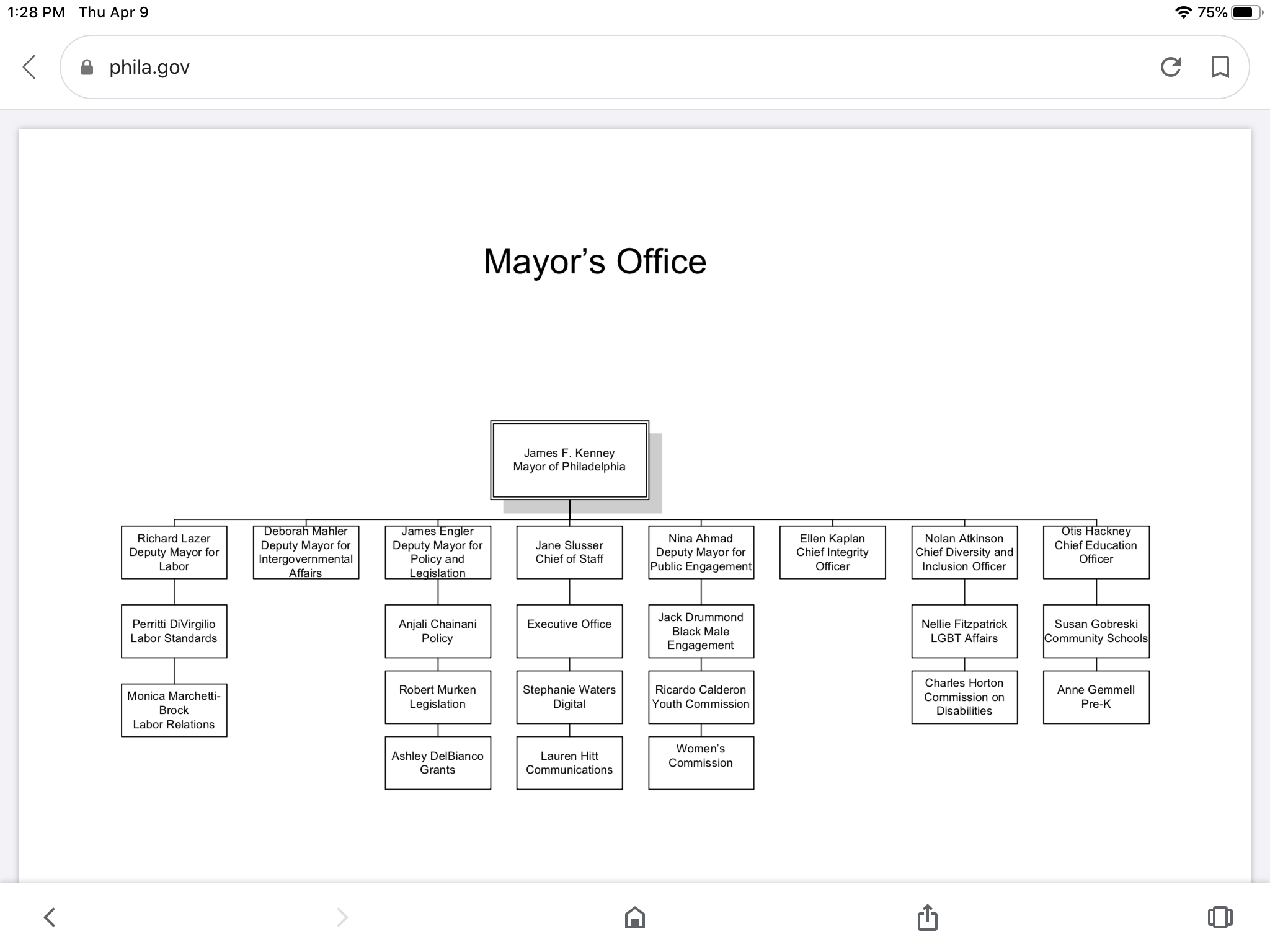
I’d start the cutting in the mayor's office, but apply scrutiny to all departments.
Does he need four deputy mayors? The U.S. president manages with only one vice president.
The above chart is missing the recently-added office of children and families, and the office of immigrant affairs. The chart just keeps growing as new “oppressed” groups are discovered.
We have three labor-related offices. How about just one? Since Philadelphia has a school system, why does the mayor need a community schools and pre-K office? I did not contact the mayor’s office for comment as it does not recognize me as a journalist.
Then we have offices for LGBT affairs, disabilities, women, youth, and black male engagement, whatever that is. I’m sure someone can explain why these offices were created, but I am asking if they are actually necessary or just virtue signals?
Do each of these slices of our community require a full-time office? How many can be handled by existing agencies?
The budget has to take a haircut that’s going to look like a Mohawk. The last thing Philly — already the highest-taxed big city in America — needs is another tax.
Chop the swollen budget to avoid it.
